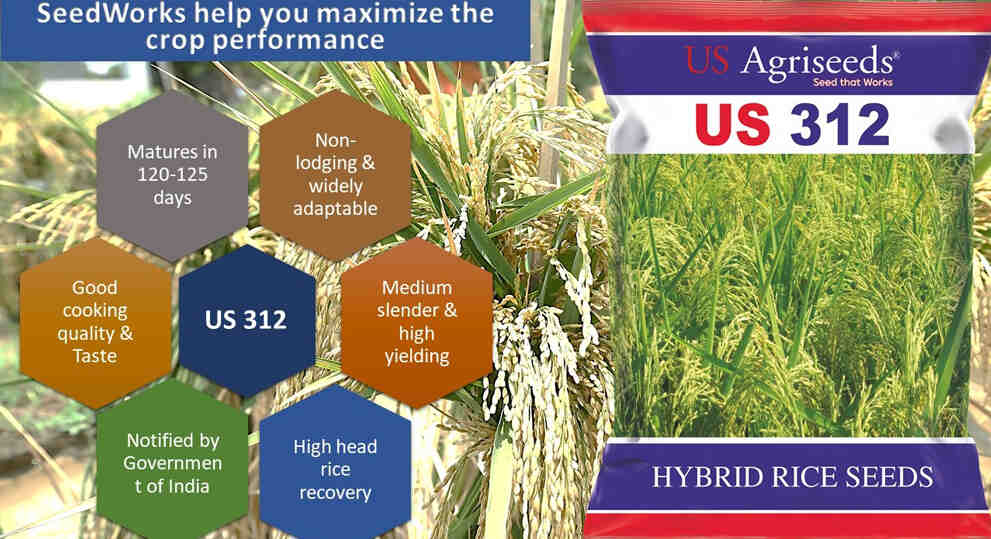The global agriculture landscape has undergone substantial changes, especially with the rise of hybrid varieties in crop cultivation. Hybrid tomato seeds have revolutionized the way farmers approach crop production, offering improved yields, disease resistance, and a broader growing season. However, the success of hybrid tomato farming heavily relies on efficient seed distribution. This article explores how strategic partnerships are transforming the delivery system for hybrid tomato seeds, ensuring that both urban and remote farmers benefit from advanced agricultural innovations.
The Importance of Hybrid Tomato Seeds
Hybrid tomato seeds are produced by crossing two different parent varieties to create offspring that have superior qualities compared to either of the parents. These seeds offer a host of advantages including higher disease resistance, improved yield, uniform fruit size, and extended shelf life. For tomato farmers, especially in India, hybrid tomato seeds are essential for ensuring high productivity and profitability, regardless of whether they are in urban or rural locations.
Challenges of Seed Distribution
While hybrid tomato seeds offer tremendous benefits, their distribution to various regions is not without challenges. Urban areas tend to have easy access to high-quality seeds through agricultural suppliers, but remote regions often face logistical hurdles. These challenges can result in delays, a lack of consistency in seed quality, and limited access to the latest innovations in agriculture.
Role of Partnerships in Overcoming Barriers
The emergence of partnerships between agricultural suppliers, tech companies, and government agencies is playing a key role in overcoming these distribution challenges. Hybrid tomato seed suppliers in India are now collaborating with various stakeholders to streamline their supply chains, ensuring that even farmers in the most remote areas have access to high-quality seeds in a timely manner.
Leveraging Technology for Efficient Delivery
Technology is driving the future of seed delivery. Digital platforms and mobile apps have emerged as crucial tools for improving the efficiency of seed distribution networks. These platforms allow farmers to place orders for hybrid tomato seeds, track their deliveries, and receive guidance on planting and crop management. Partnerships between seed suppliers and tech companies are making it possible to scale up these platforms, reaching a wider audience and improving accessibility.
The Role of Local Distributors
Local distributors play an important role in connecting remote farmers with hybrid tomato seeds. By partnering with trusted suppliers, local distributors ensure that seeds reach even the most isolated areas. They also provide farmers with localized advice on growing conditions and the best practices for cultivating tomatoes in their specific regions. This localized expertise makes a significant difference in the success rates of hybrid tomato farming.
Focus on Sustainability and Quality Assurance
Another key aspect of partnerships is the emphasis on sustainability and quality assurance. Suppliers of hybrid tomato seeds in India are working closely with agricultural bodies to ensure that the seeds distributed meet the highest standards. These partnerships prioritize the long-term health of the agricultural ecosystem, reducing the use of harmful pesticides and fertilizers while focusing on improving soil health and crop resilience.
Training and Knowledge Sharing for Farmers
Partnerships also extend beyond the distribution of seeds to include training and knowledge-sharing initiatives. Many hybrid tomato seed suppliers in India are collaborating with agricultural extension services and research institutions to offer training programs for farmers. These programs cover everything from seed selection and sowing techniques to pest management and post-harvest handling. By empowering farmers with the knowledge they need, these partnerships help maximize the potential of hybrid tomato seeds.
Meeting the Growing Demand for Tomatoes
The demand for tomatoes continues to rise globally, driven by their widespread use in culinary dishes, sauces, and processed products. As the demand for high-quality tomatoes increases, the need for reliable seed delivery systems becomes even more critical. Partnerships between hybrid tomato seeds suppliers in India and other agricultural stakeholders are helping meet this demand by ensuring that farmers can access the best hybrid seeds and benefit from modern agricultural practices.
Government Support and Policy Initiatives
Governments play an essential role in supporting the agricultural supply chain. In India, the government has introduced various policies to encourage the development of hybrid seed varieties and to ensure that these seeds reach farmers across the country. By partnering with both public and private entities, hybrid tomato seed suppliers are better able to navigate regulatory challenges and deliver seeds to farmers in urban and remote regions alike.
Conclusion
The transformation of hybrid tomato seed delivery, from urban centers to remote rural areas, is a direct result of strategic partnerships within the agricultural sector. By combining the strengths of hybrid tomato seeds suppliers in India, local distributors, technology providers, government agencies, and training institutions, these collaborations ensure that farmers across India have access to the best hybrid seeds available. As demand for tomatoes continues to grow, these partnerships will become even more crucial in ensuring the sustainability and productivity of tomato farming, both in urban and remote locations. Through innovation, collaboration, and dedication, the agricultural sector is poised to meet the challenges of tomorrow, providing high-quality produce for the global market.






Comments